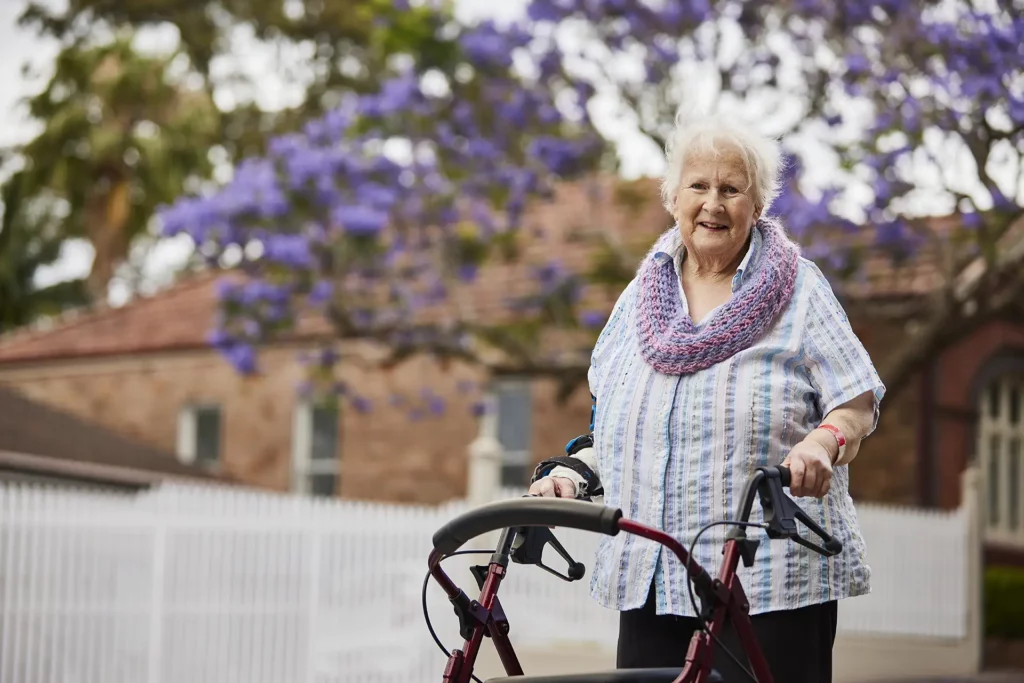As we age, it’s normal to notice changes—like reduced strength, flexibility, or balance. Illness, injury, or less movement can speed up this process, leading to what’s known as deconditioning—when the body becomes less efficient and everyday tasks feel harder.
You might feel more tired, less steady, or find lifting and walking more difficult. While these changes can be challenging, the right support can help you stay active, confident, and independent.


The most fulfilling part of my job is knowing that I’m helping someone regain confidence, independence, and joy in their life.
In the spirit of reconciliation, Royal Rehab acknowledges the Traditional Custodians of Country throughout Australia and their connections to land, sea, and community. We pay our respects to their Elders past, present and future and we extend our respects to all Aboriginal and Torres Strait Island peoples.
To improve your experience and ensure your data is protected, please note you will be redirected to PracSuite, our secure booking platform.
If you're ready to sign up now, please select the most appropriate option and complete the relevant form below.
